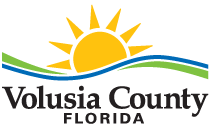 We spend a chunk of our lives slaving away to make a living for our family, and saving most of what we can. With this hard earned money we make investments in real estate, shares and in buying our personal assets. All of these aforementioned assets may be collectible referred to as your estate. For ensuring that your estate is passed on to the rightful beneficiary after your demise, you need to create a will.
We spend a chunk of our lives slaving away to make a living for our family, and saving most of what we can. With this hard earned money we make investments in real estate, shares and in buying our personal assets. All of these aforementioned assets may be collectible referred to as your estate. For ensuring that your estate is passed on to the rightful beneficiary after your demise, you need to create a will.
What is a will and why do you need one?
As per its textbook definition, a will is a testament or a legal document, wherein an individual may stipulate his wishes regarding the distribution of his property and estate post his death and appoint an executor who is supposed to manage the estate for as long as the final distribution is carried out. To put it more simply, a will states the names of one or more beneficiaries to which an individual wishes to pass on his property and assets after he dies. In addition to this, an individual can also specify the name of one or more persons who are to take care of his property after the formers demise, and see to it that the distribution is made as per the instructions stipulated in the will.
The primary reason why you should consider making a will of your own is the fact that it allows you to ensure that your hard-earned money and assets are in safe hands even after your death. It helps you to fairly distribute your personal belongings such as family heirlooms, investments, property and other assets among their rightful heirs, when you are no longer alive to take care of them. In case you have minor children, a will allows you to make appropriate arrangements for them, so that they would want for nothing even when you are not around to fend for them. A will also minimizes the chances of any financial conflicts and disputes regarding your property distribution, among your surviving family members. In addition to this, if you are a person with a charitable bent of mind you can also appoint a part of your estate to be given away as donation for charity to such trusts and organizations.
Why do you need a lawyer to create a will?
Although, the basic concept of a will is pretty simple, it is the structure that needs you to seek legal advice for its proper documentation and execution. The fact that separate state laws specify different stipulates for what can or cannot be included in a will, makes it utmost essential to seek legal advice of a will attorney who can assist you in creating your will as per your state laws. Furthermore, there are other individual circumstance specific laws regarding who can be appointed as your wills executor, witness and your representative for managing your will. In some complex cases, you might need sound legal advice to handle the creation of your will, wherein you have minor children, or children from a divorced spouse or even in cases wherein you need to decide how to proceed with your will’s instruction if your named beneficiaries die before you.
In case you are looking for professional legal advice for creation of your will in the Volusia County region, you may visit the website https://simmslawfirm.com for setting up an appointment with few of the most proficient will attorneys in the state.
To contact Florida attorney Debra G. Simms, P.A. in Port Orange or New Smyrna Beach, FL please call 877.447.4667.

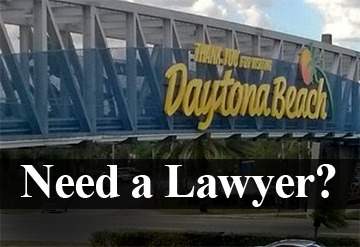 Estate planning is a way of ensuring that your family is taken care of and provided for even after you are gone. Simply put, it is the legal term used for planning what to do with your assets, property and other valuable belongings after your death.
Estate planning is a way of ensuring that your family is taken care of and provided for even after you are gone. Simply put, it is the legal term used for planning what to do with your assets, property and other valuable belongings after your death.
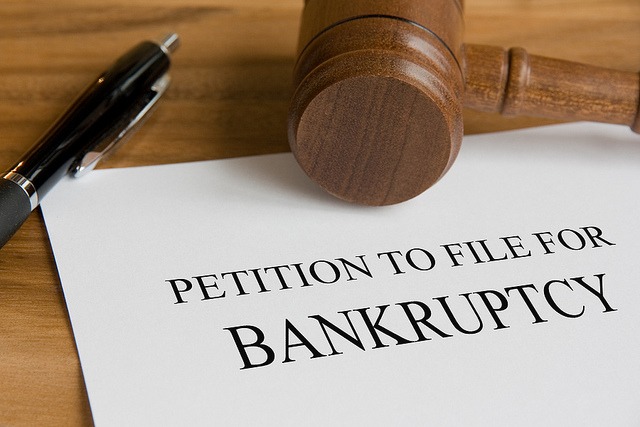 Bankruptcy is a method where an individual or an organization that is neck deep in debt can request to be relieved from paying the debts. Or they can ask for reorganization. But in order to do so they have to file for bankruptcy first. Bankruptcy filing has different steps involved in it.
Bankruptcy is a method where an individual or an organization that is neck deep in debt can request to be relieved from paying the debts. Or they can ask for reorganization. But in order to do so they have to file for bankruptcy first. Bankruptcy filing has different steps involved in it. Attorney Debra G. Simms is one such proficient
Attorney Debra G. Simms is one such proficient 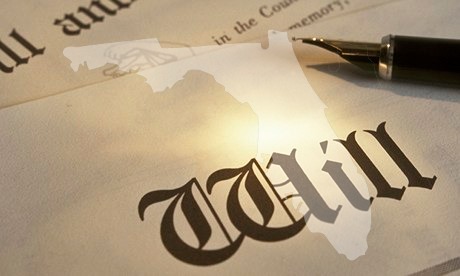
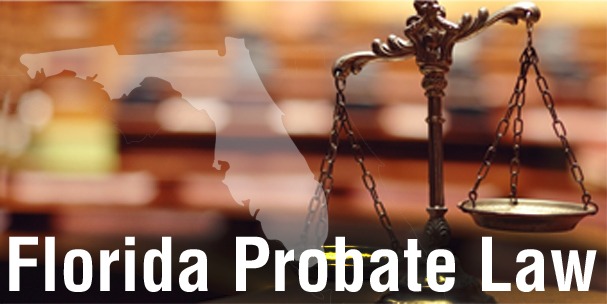
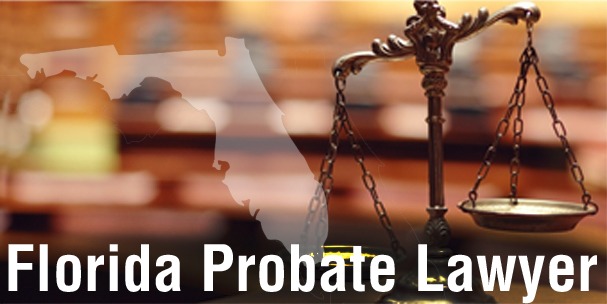 In most states, the will filed with an affidavit notarized by the witnesses, is termed as ‘self proving’ and does not require a lot of legal guidance from a lawyer. However in some cases, the adequacy of the will may be questionable as per the state laws. The state laws along with the Uniform Probate Code, specifies the baseline criteria for the framework and content of the probate will. They also lay down the guidelines for adequacy of the witnesses provided for the will. The law also specifies that a more recent will would always be considered over its older version. If the beneficiary encounters any such disputes regarding the validity of the probate will, it is advisable for him to take up the case with a probate lawyer.
In most states, the will filed with an affidavit notarized by the witnesses, is termed as ‘self proving’ and does not require a lot of legal guidance from a lawyer. However in some cases, the adequacy of the will may be questionable as per the state laws. The state laws along with the Uniform Probate Code, specifies the baseline criteria for the framework and content of the probate will. They also lay down the guidelines for adequacy of the witnesses provided for the will. The law also specifies that a more recent will would always be considered over its older version. If the beneficiary encounters any such disputes regarding the validity of the probate will, it is advisable for him to take up the case with a probate lawyer. At the law firm run by Debra G. Simms and her team of experienced and qualified lawyers, you will be sure to get the best in legal and paralegal services from drafting of important legal documents like wills, living wills, different types of trust deeds, powers of attorney, probates, estate planning, guardianship and elder law services, and much more.
At the law firm run by Debra G. Simms and her team of experienced and qualified lawyers, you will be sure to get the best in legal and paralegal services from drafting of important legal documents like wills, living wills, different types of trust deeds, powers of attorney, probates, estate planning, guardianship and elder law services, and much more.

